Woman who was told dizziness was just postnatal symptom faced 10 months of chemotherapy
The 27-year-old experienced dizziness, bruising, and mastitis two weeks after giving birth to her daughter
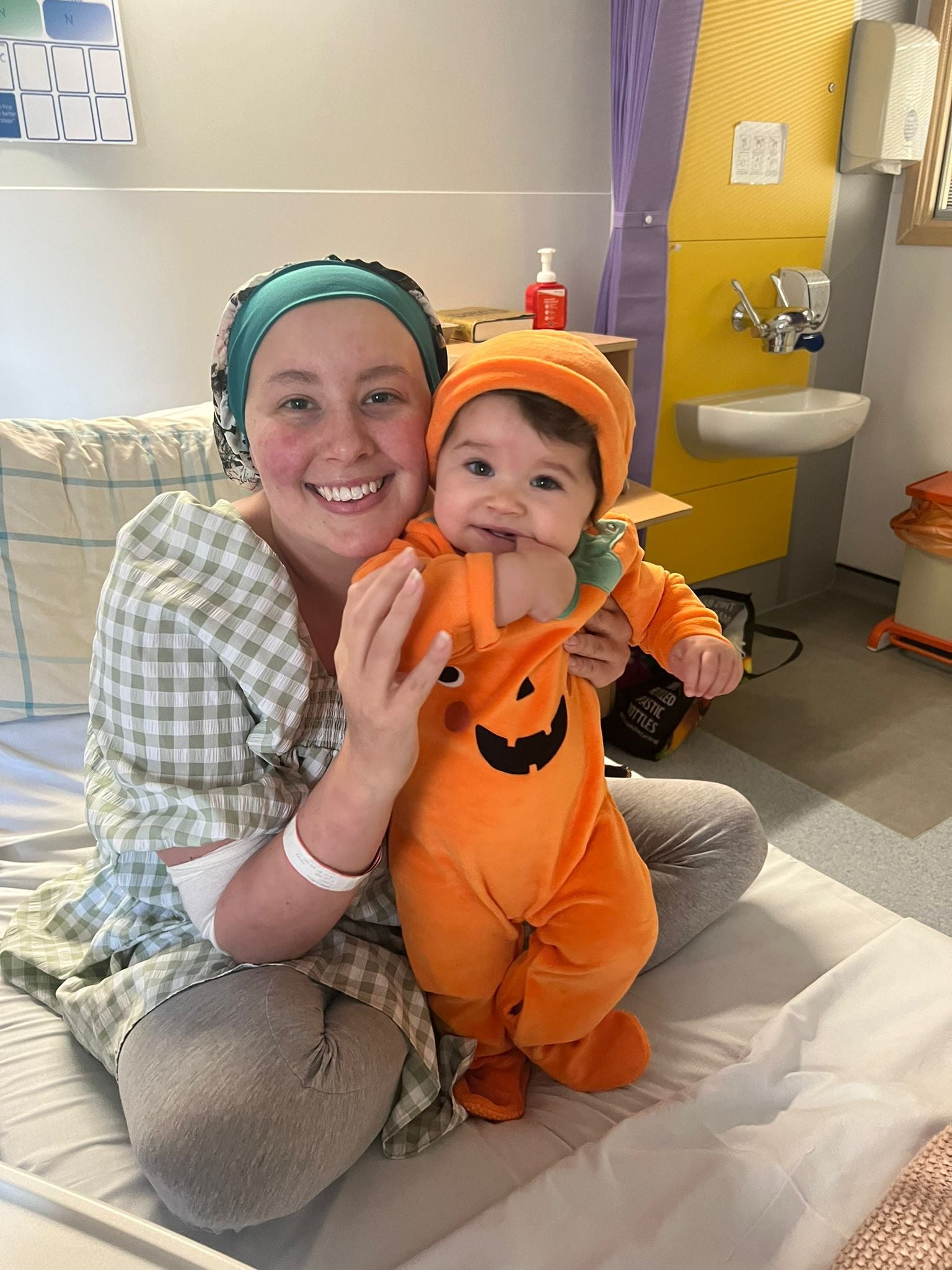
A mother who was diagnosed with an “aggressive” form of leukaemia just weeks after giving birth to her daughter, and was initially told the symptoms were postnatal, faced eight rounds of gruelling chemotherapy in 10 months but is now in remission and hopeful for “freedom”.
Elizabeth Gibson-Bell, 27, a primary teacher who lives in Littlehampton, West Sussex, had a “normal” pregnancy and gave birth to her daughter Lydia on January 1 2023.
Two weeks later, Elizabeth developed symptoms including dizziness, bruising, and mastitis – inflammation of breast tissue – but was told by her GP that it was “nothing to worry about”.
She continued to feel unwell and started noting down her symptoms, but when she could not even carry her 10lb baby up the stairs due to feeling too weak, she knew “this wasn’t normal”.
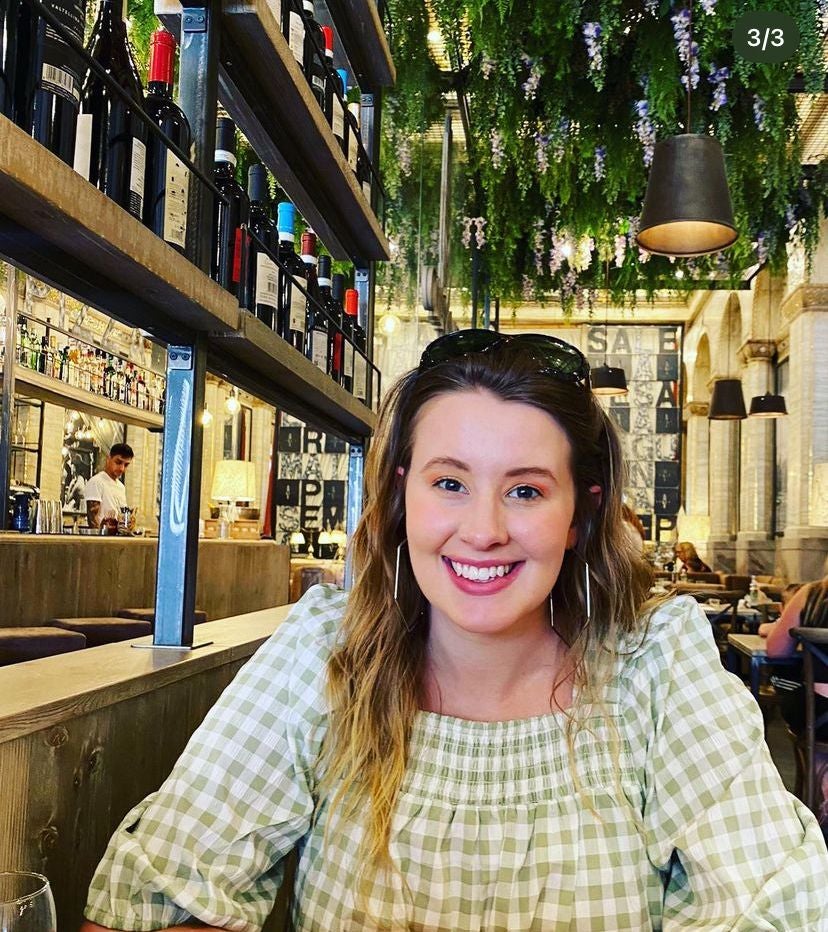
After having check-up appointments and blood tests at Worthing Hospital, Elizabeth was told she has acute lymphoblastic leukaemia (ALL) – a rare type of cancer that affects the blood and bone marrow – in February 2023 and she would need to undergo chemotherapy “immediately”.
She described the first round of chemotherapy as “the hardest eight weeks” of her life, and she then faced seven more rounds that year, with only two weeks at home in between each one.
Elizabeth is now in remission and undergoing the final phase of her treatment before she will start two years of maintenance chemotherapy – and if she stays in remission for five years after that, Elizabeth said she will be “considered cured” and “could be a new human”.
Although the past year has been “traumatic”, she said the maintenance chemotherapy feels like “freedom” as she will be able to spend more time with her husband Harold, 28, a plumber, and Lydia at home – and they are looking forward to having their first staycation together.
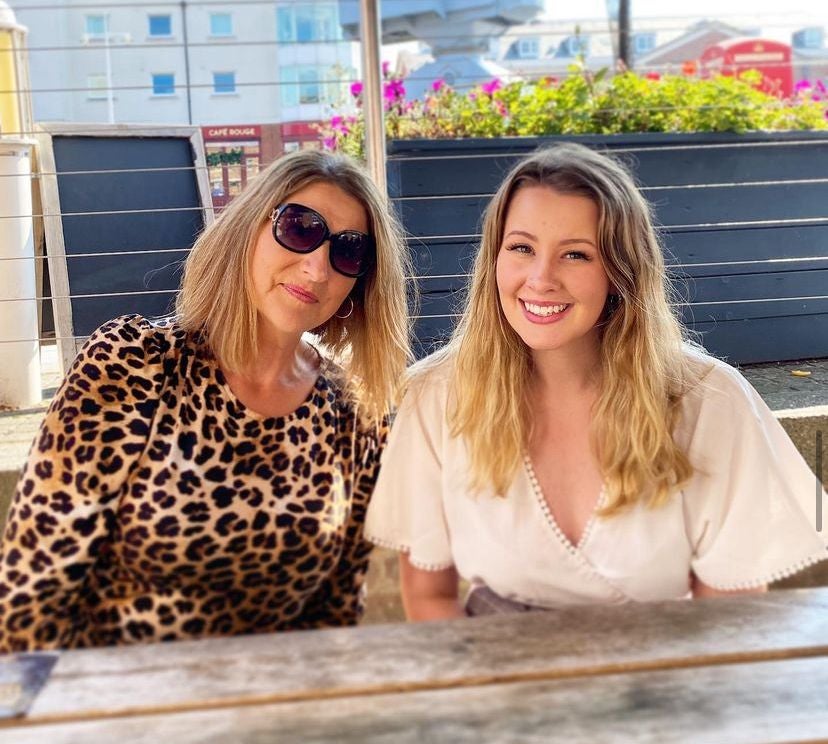
“Even though having Lydia has made the whole process more of a heartache, having her has also given me something to focus on other than myself,” Elizabeth told PA Real Life.
“We always talk about the fact that Lydia came on January 1, and she has been the greatest blessing, and that has been what we’ve tried to focus on.
“We have learned that we have to live day-to-day and be spontaneous, and one thing we’re looking forward to this year is taking Lydia on her first holiday.”
Just 24 hours after having a natural water birth at Worthing Hospital, Elizabeth was back at home with her husband and “running off a high of just having a baby”.
Just two weeks later, however, Elizabeth started feeling poorly and experienced extreme “toe-curling” pain while breastfeeding, which she believed was mastitis.
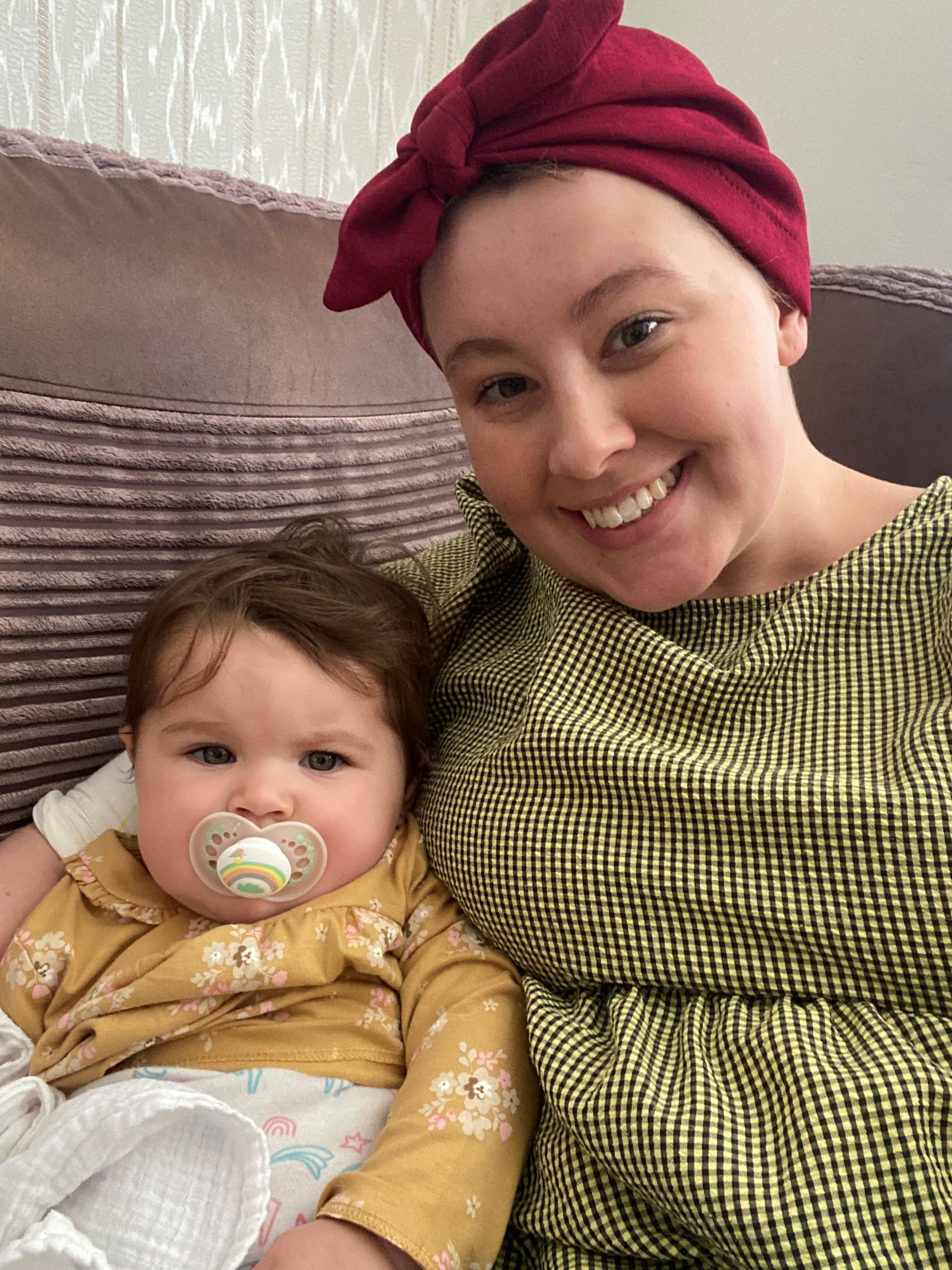
As she noticed more symptoms developing, she started to write them down as she knew “there was something not right”.
“Looking back, I had actually titled the note ‘Postnatal Symptoms’, hilariously,” Elizabeth said.
“When Lydia was five weeks old, I was experiencing dizziness, a shooting pain down both my hips, a feeling like my heartbeat was in my ears, full body aches, and tiredness.
“I phoned the GP and listed all of those symptoms, and they said that just sounds like normal postnatal symptoms and the shooting pains could be sciatica.”
Three weeks later, Elizabeth was experiencing hot and cold night sweats and chest pains, and she turned “ghostly pale” and could not go for short walks without feeling breathless.
During Lydia’s eight-week check-up with the GP, they checked Elizabeth’s temperature, which measured 39.5C, and said her “heart was racing”.
She was sent to the emergency ward at Worthing Hospital that same day, and the following morning Elizabeth was told she had ALL, which hit her and her family like “a tonne of bricks”.
“My consultant said, ‘You’ve got acute lymphoblastic leukaemia, which is an aggressive form, so we need to start chemotherapy immediately’,” Elizabeth said.
The news did not “sink in straightaway”, but Elizabeth said her mind went to “worst case scenario” and she questioned whether she would survive.
She then spent the following eight weeks in hospital, overcoming an infection she had developed – neutropenic sepsis – and undergoing her first round of chemotherapy.
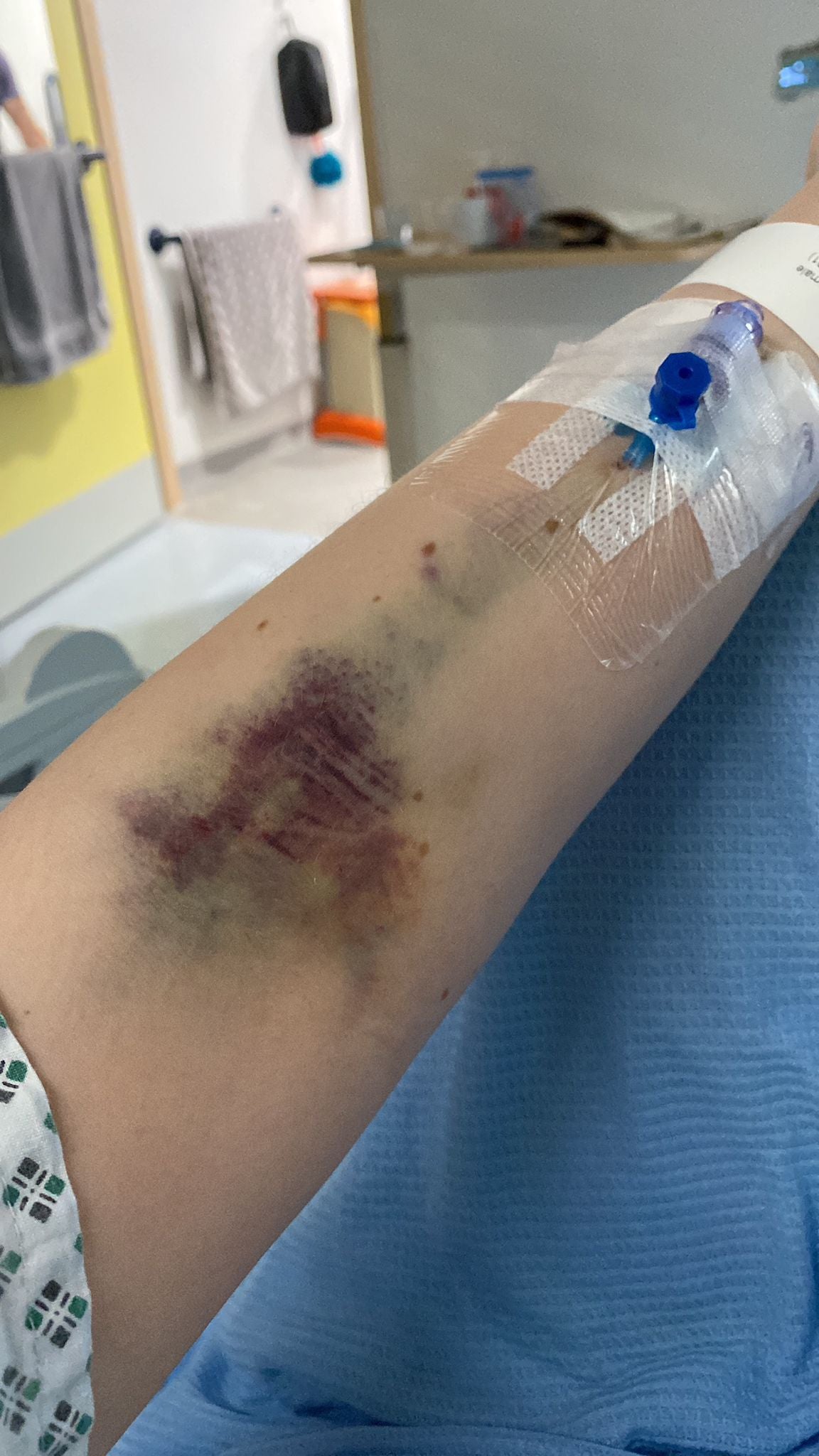
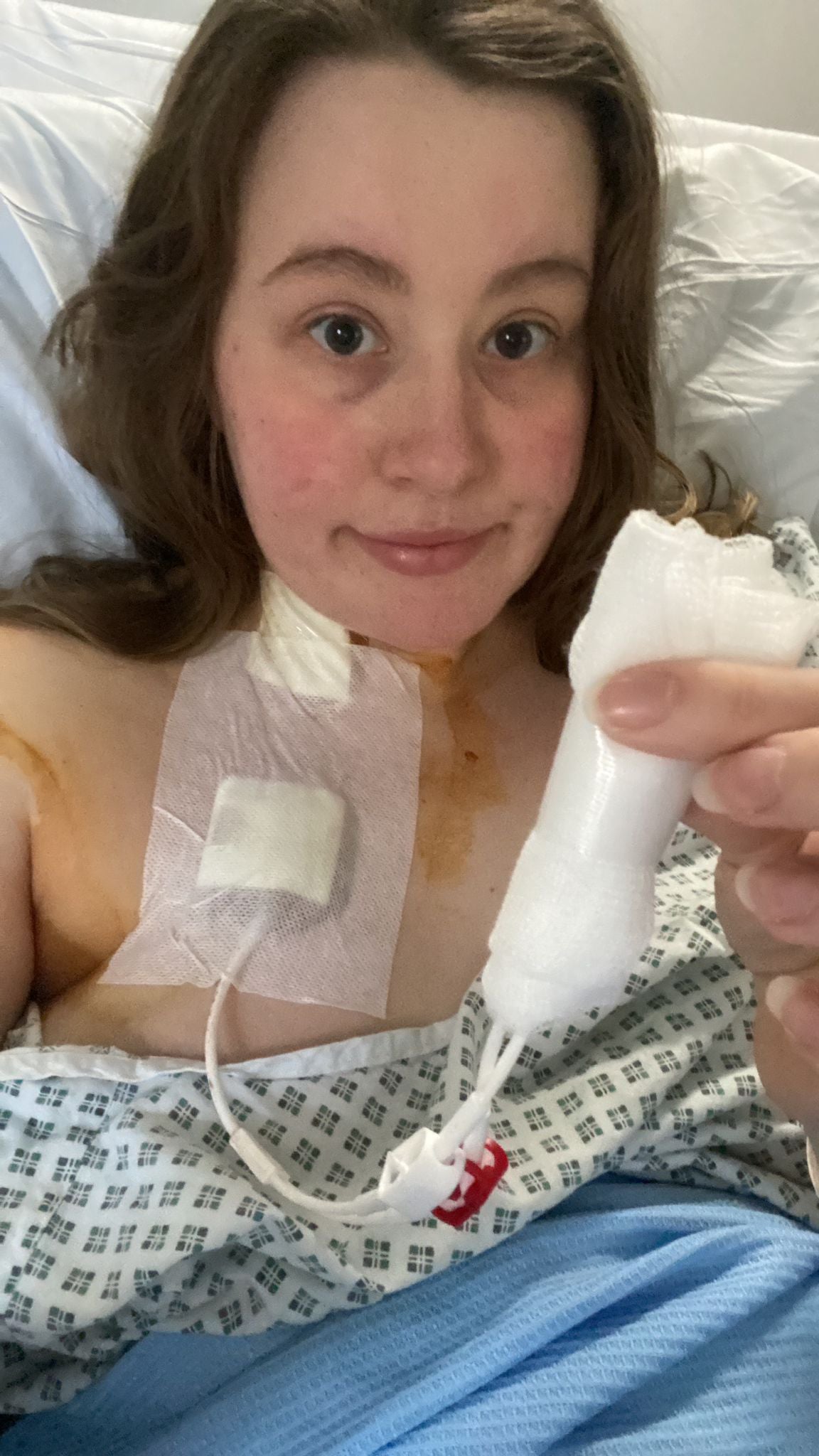
With her baby being just eight weeks old at this point, Elizabeth said the thought of leaving her was “a nightmare”.
Thankfully, the hospital allowed Elizabeth, who was in isolation, to see her baby every day – and this, along with therapy, helped her through the treatment.
Since the first year of Lydia’s life had been disrupted with hospital visits, Elizabeth said planning things for the future, so she has a “good childhood”, was a priority and gave her hope.
“There are so many firsts that happen in that first year, the milestones – she’s rolled over or she’s blinked – and I just didn’t want to miss anything,” Elizabeth said.
“If I didn’t have her to look forward to, coming in three or four hours a day, I would have probably been bored out of my mind.
“I felt like the time that I had with her was so focused on her, and I was desperate to see her.
“I’d literally be sitting there, read her stories, play with her, get on the floor with her, and she helped keep me active.”
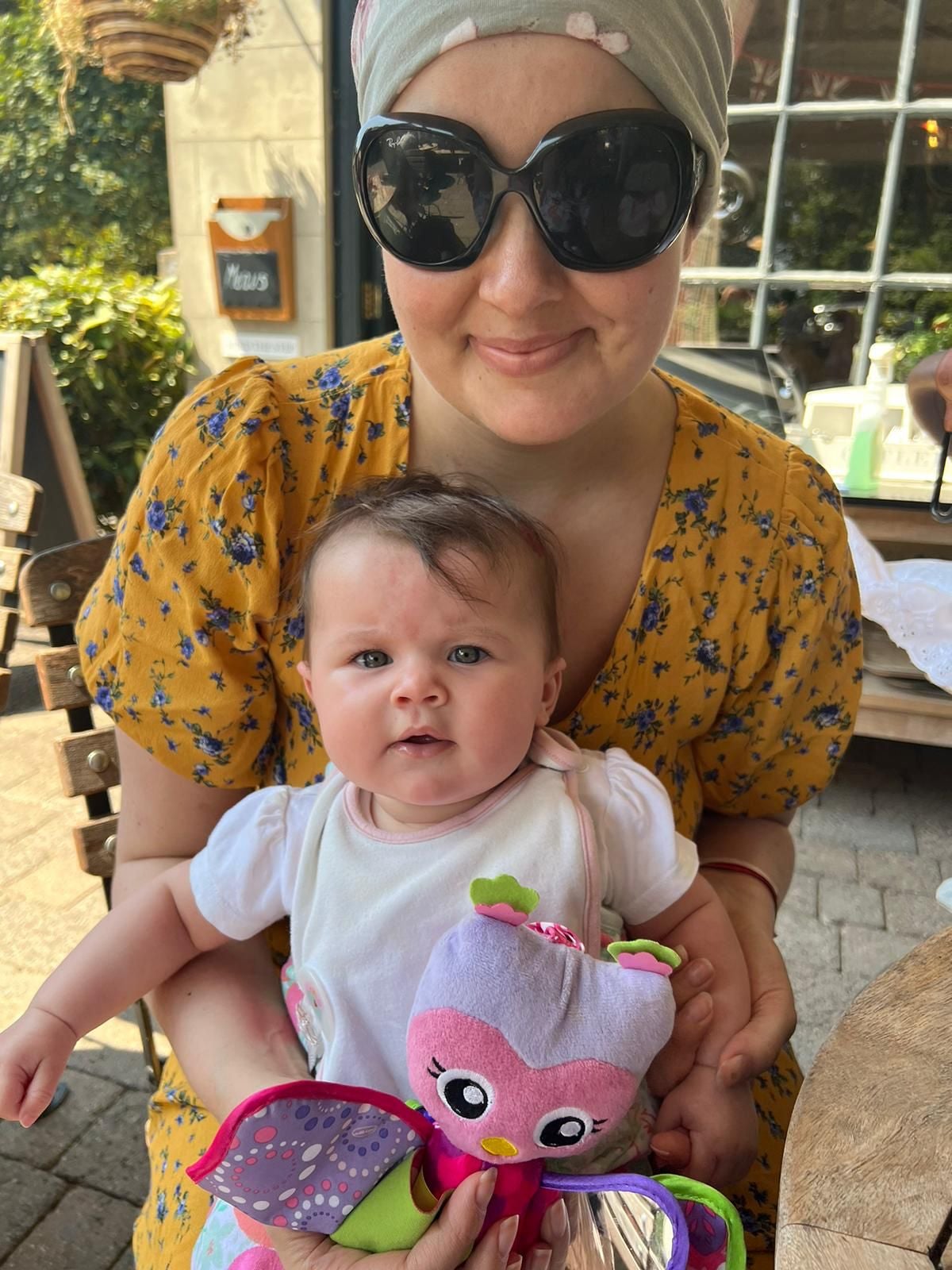
After completing the first round of chemotherapy – which caused hair loss, tiredness, and nausea – Elizabeth was congratulated and told she could go home, but only for two weeks.
Elizabeth had in fact reached remission by this point, but she was informed that she faced a 90% chance of relapsing if she did not have further, more “intense”, treatment.
She continued: “That is when I had my meltdown… I was really emotional and just thought, ‘What do you mean this isn’t over?’”
Elizabeth was in and out of hospital, having eight rounds of chemotherapy in total, up until just before Christmas when she was told she was in “deep molecular remission”.
The possibility of a stem cell transplant – which replaces damaged blood cells with healthy ones – was discussed as a “plan B if she relapsed”.
However, Elizabeth said this was “worst case scenario” for her and the original plan was to have the chemotherapy for one year, followed by two years of maintenance chemotherapy.
She took a break from treatment over the festive period and was able to enjoy Christmas at home, and she is now in the final phase of treatment before her maintenance chemotherapy starts.
She was able to celebrate Lydia’s first birthday at home as well, which she said was “lovely”, adding: “It was a bit of normal, it’s how I’d imagined the whole year being”.
Prior to her diagnosis, Elizabeth said she “didn’t have a clue on the symptoms of leukaemia”, but she is hoping her story will raise more awareness of the disease, and she is urging others to “advocate” for themselves when it comes to their health and treatment.
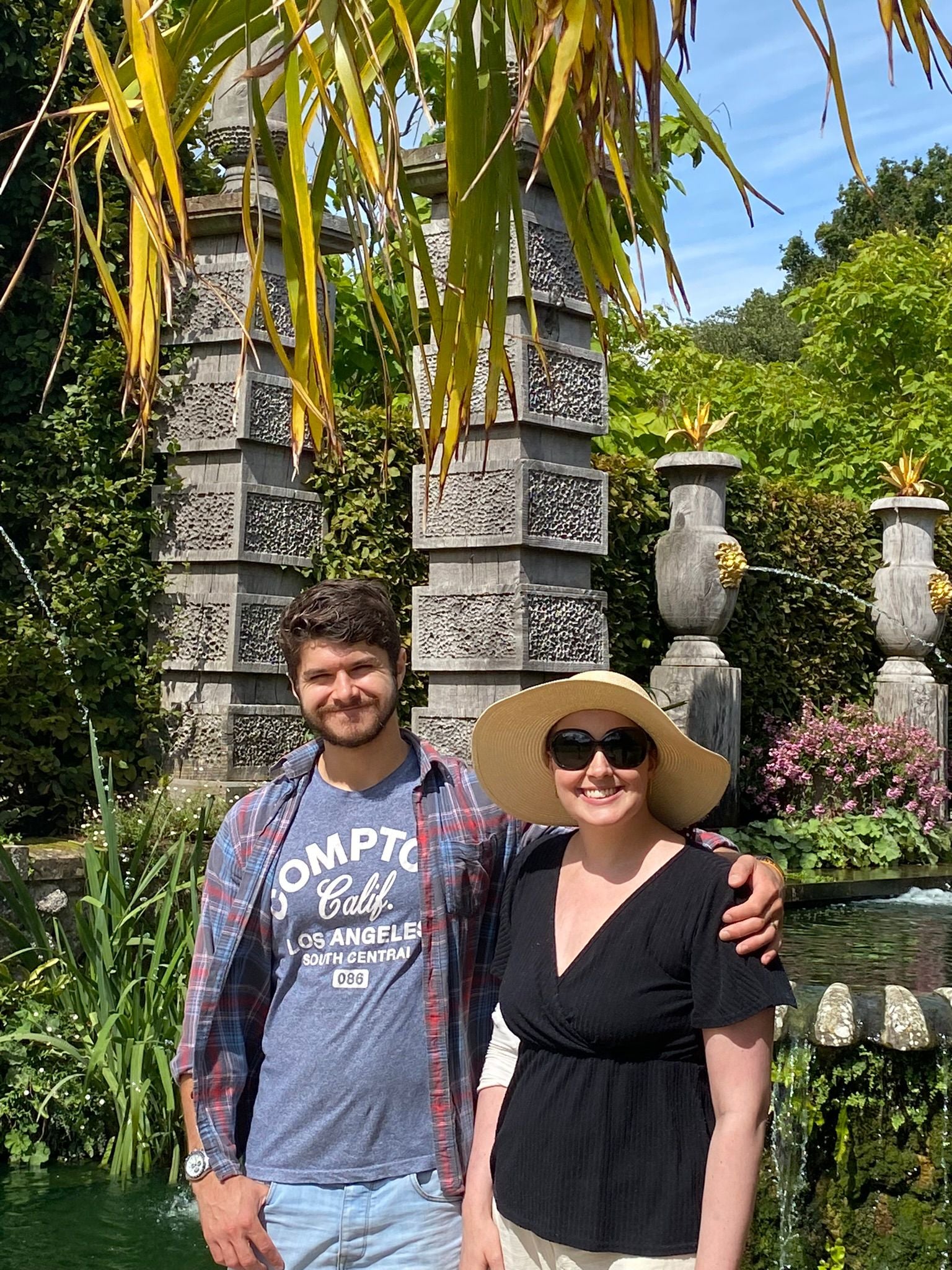
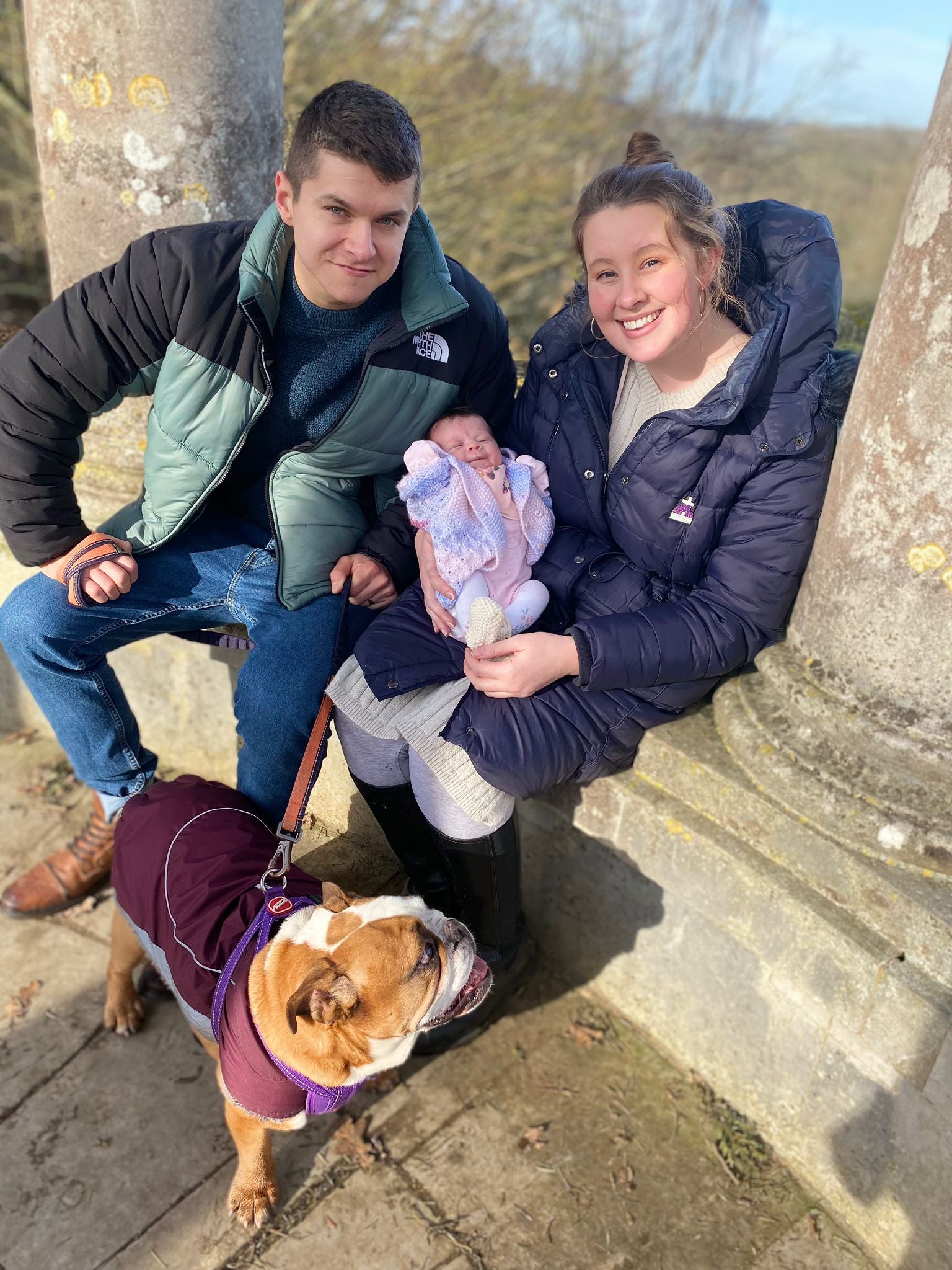
Although she still faces two years of maintenance chemotherapy, she feels “positive” about the treatment ahead and is looking forward to life hopefully returning to “semi-normal”.
“I’m seeing the maintenance chemotherapy as freedom because I get to spend lots of time at home,” Elizabeth said.
“We’ve got a family holiday in May, most likely in the New Forest, and we’ve booked a Disney on Ice show for Lydia as she’s obsessed with Moana, Coco, Tangled, and Encanto.
“What we’re trying to do is book things to look forward to and give ourselves little milestones because then it seems more manageable.”
Speaking about her diagnosis, she added: “If someone’s going through a similar experience, I’d say absolutely take the help when people offer it, and things will get better.
“If you’re not, I would just say try and educate yourself on symptoms… and if you’re not sure about something, just get it checked.”
For more information and support, call Leukaemia Care’s freephone helpline on 08088 010 444, email support@leukaemiacare.org.uk, or visit its website here: leukaemiacare.org.uk.
Join our commenting forum
Join thought-provoking conversations, follow other Independent readers and see their replies
Comments
Bookmark popover
Removed from bookmarks